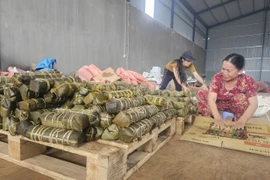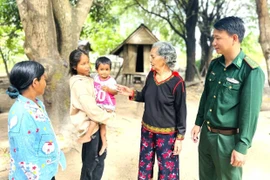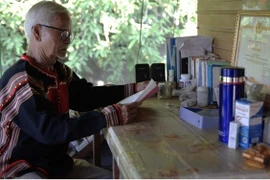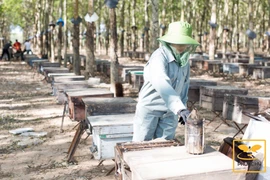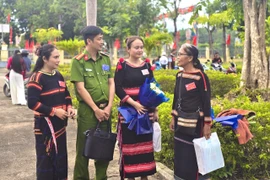A veteran village elder once advised a young official: “If you want the people’s trust, don’t just speak for them to hear - listen to what they have to say.” That wisdom, rooted in behavioral psychology, underscores the importance of approaching communities with understanding rather than directives.
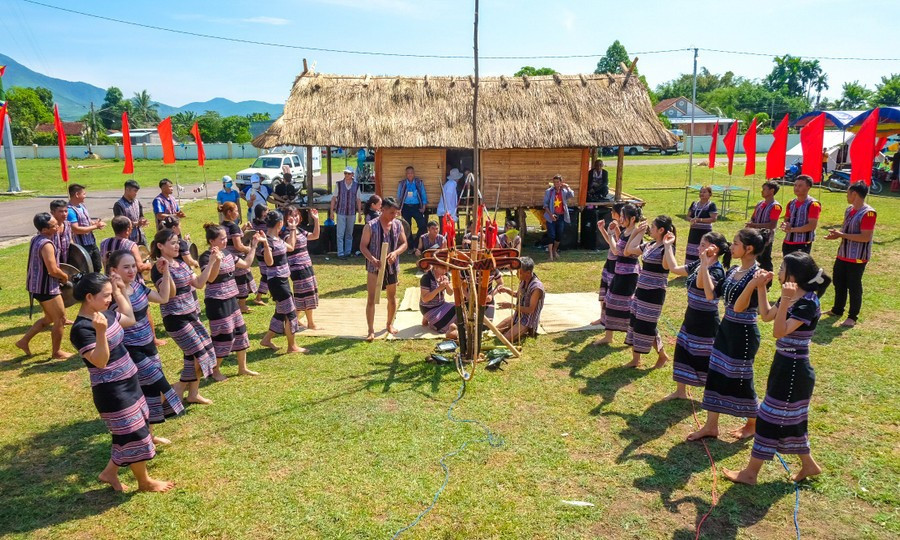
Behavioral psychology suggests that effective governance in ethnic regions begins not with regulations, but with human connection. Highland communities live not only through farming or shifting cultivation, but also through shared memories, traditions, languages, and cultural pride.
Officials warn that viewing ethnic minorities merely through the lens of poverty and statistics risks stripping policies of their soul. Every policy action, they note, must recognize that behavior stems from emotion.
When ethnic groups see that government initiatives both improve livelihoods and honor cultural identity, participation grows naturally. Conversely, if people feel policies are imposed, even the most well-intentioned programs struggle to gain trust.
Many local administrators still rely on traditional “mobilization and propaganda,” which appeals to logic rather than emotion. Behavioral psychology, however, shows that genuine change happens when individuals feel personally connected to transformation.
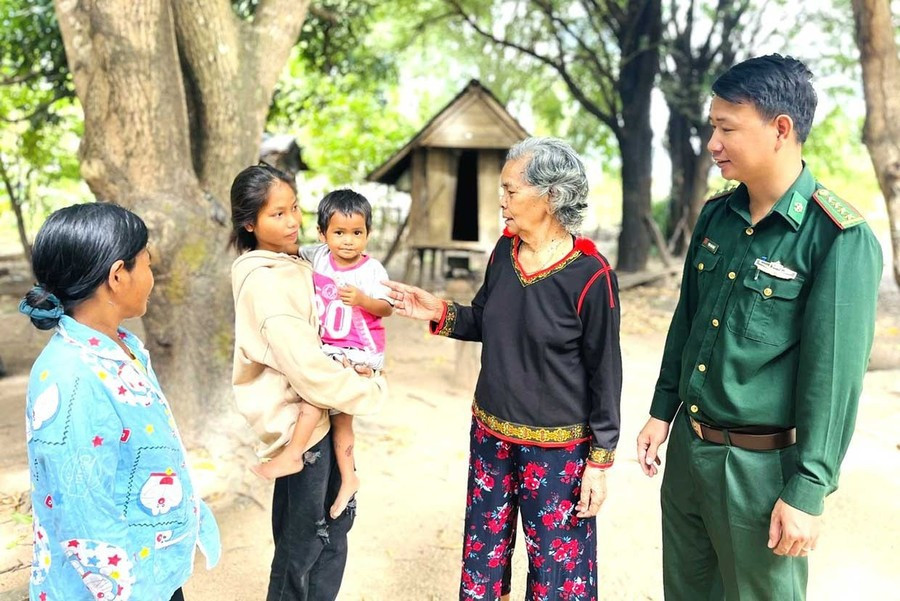
For example, a highland reforestation campaign framed as “We must plant trees to protect the environment” may fail to inspire action. Yet, when expressed through a local story, “The forest keeps the water, the water keeps the village, the village keeps the people”, it fosters a sense of guardianship and pride.
Officials are encouraged to approach their work like farmers sowing seeds, observing conditions, waiting patiently, and nurturing trust. Each village, experts say, has its own “psychological climate”: some respond best to encouragement, others to listening, and some to a simple handshake rather than a written directive.
Understanding behavioral cues, such as silence, smiles, or hesitation, can reveal much about the emotional state of communities. Silence may signal resistance, while a forced smile may hide uncertainty. Recognizing these signs allows officials to respond with empathy instead of impatience.
Ethnic affairs also depend on collective trust. Communities are more likely to embrace change when local members demonstrate success themselves rather than when officials merely present theoretical models.
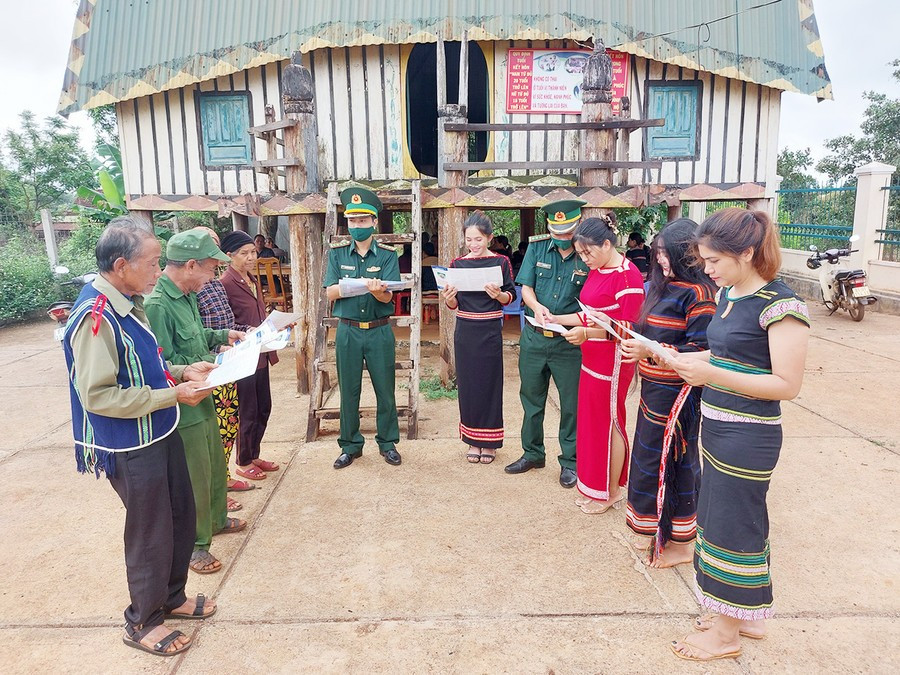
In the lowlands, concepts like “efficiency,” “productivity,” and “markets” may motivate people. But in the highlands, emotional connection, storytelling, and shared values are stronger tools.
Officials who grasp behavioral psychology learn not to “teach” but to “learn together,” not to “do for,” but to “empower.” They understand that sustainable change arises from dialogue, respect, and collaboration.
Ultimately, applying behavioral psychology in ethnic affairs transforms policymaking into a “journey from heart to heart,” where trust, empathy, and cultural pride become the foundation for unity and progress.



















